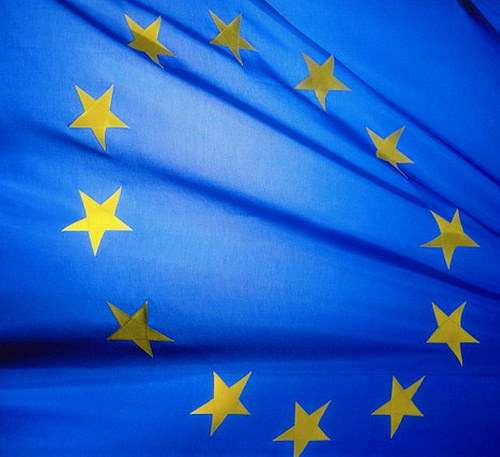Largest Trade Agreement in History Needs Approval From 27 European Countries and the U.S. Congress.
- OurStudio

- Feb 13, 2013
- 2 min read

Credit: vsaid, flickr
Last night, Obama announced that talks will soon begin on a "comprehensive Transatlantic Trade and Investment Partnership with the European Union." According to the BBC, the trade agreement will be the biggest trade deal in history.
As with most significant changes that the E.U. tries to implement the trade agreement will almost certainly divide northern European countries from their southern neighbors. As an article from Reuters points out, the countries hardest hit by the euro-crisis are ironically the ones that will probably be the most skeptical of a trade agreement with the U.S., while the generally more market-sympathetic countries of northern Europe will be more likely to support such an agreement.
It is worth remembering that the E.U. has a patchy history when it comes to organizing trade agreements, as the Reuters piece goes on to explain:
Brussels is negotiating possible free-trade agreements with more than 80 countries, with some successes, such as a recent deal set to be struck with Singapore, but some talks, such as with India, showing no signs of ending. Talks that began with Canada in 2009 have also failed to settle differences over agricultural exports, intellectual property and public procurement, despite two high-level efforts to break the deadlock.
The deal will require a lot of negotiation, and there are still major obstacles that must be overcome before an agreement is reached. The E.U. Commission will need approval from the E.U.'s member states for the agreement to go ahead. Getting 27 European countries to agree to anything is no small task, let alone the largest trade agreement in history. In addition, the U.S. Congress will also have to approve the deal.
How bad could a trade agreement look after 27 European countries and the U.S. Congress have got their hands on it?




Comments